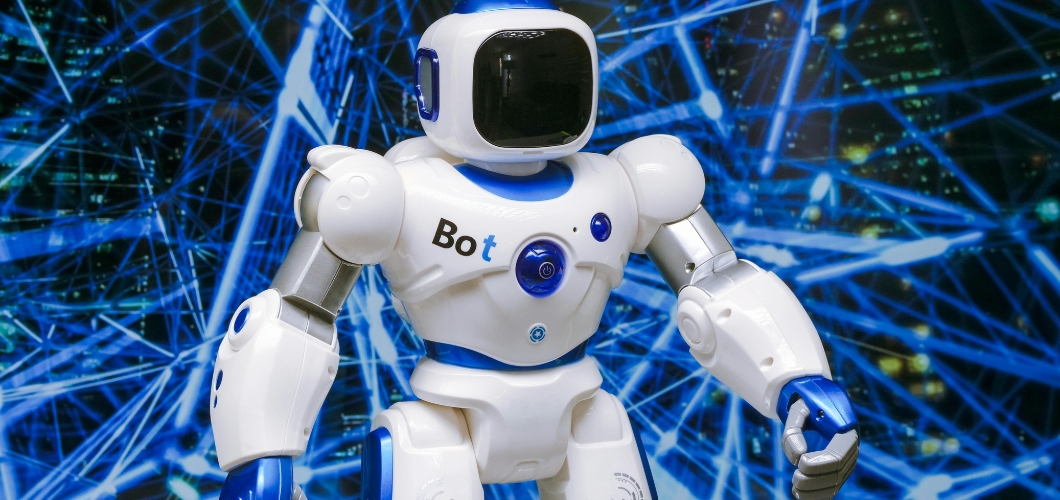AI chatbots are revolutionizing customer service by offering instant support and enhancing user experience. However, the success of these chatbots depends largely on how well they are trained. Effective training of AI chatbots is crucial to ensure they provide accurate, human-like responses and handle various customer inquiries seamlessly. So, what does it take to develop a high-performing AI chatbot? Let’s dive into the key strategies that make chatbot training a success.
Why Training AI Chatbots Matters
The rise of AI in customer interactions has made it essential for businesses to have chatbots that respond with precision. Training AI chatbots goes beyond just programming. It involves teaching them to understand customer needs, process diverse inputs, and deliver solutions. This is especially important as customer expectations continue to rise. A well-trained chatbot can elevate customer satisfaction, leading to better engagement and brand loyalty.
Also Read: Top 6 AI Tools for Web Development
Key Elements of Effective Chatbot Training
Natural Language Processing (NLP)
Chatbots must understand and interpret human language accurately. NLP helps AI chatbots comprehend slang, idioms, and complex phrases, ensuring they respond effectively.
Continuous Learning
Successful chatbots are continuously updated with new data. As customer interactions evolve, chatbots need to adapt and improve their responses, making training AI chatbots an ongoing process.
Personalization
Customers expect personalized responses. A well-trained AI chatbot should gather insights from previous interactions and tailor responses based on customer preferences.
Error Handling
No chatbot is perfect. However, effective training ensures that chatbots can handle errors smoothly and redirect users to human agents when necessary, improving customer experience.
Benefits of Well-Trained AI Chatbots
When businesses invest in training AI chatbots effectively, they enjoy numerous benefits. Chatbots reduce response time, allowing businesses to provide 24/7 support. This results in increased customer satisfaction and operational efficiency. Moreover, trained chatbots can handle a wide range of inquiries, reducing the need for human intervention and cutting costs.
Conclusion
The future of customer service is increasingly reliant on AI, and training AI chatbots is the cornerstone of this transformation. By focusing on natural language processing, continuous learning, and personalization, businesses can create chatbots that deliver a seamless customer experience. Investing in chatbot training today can lead to lasting benefits in customer engagement and satisfaction.



